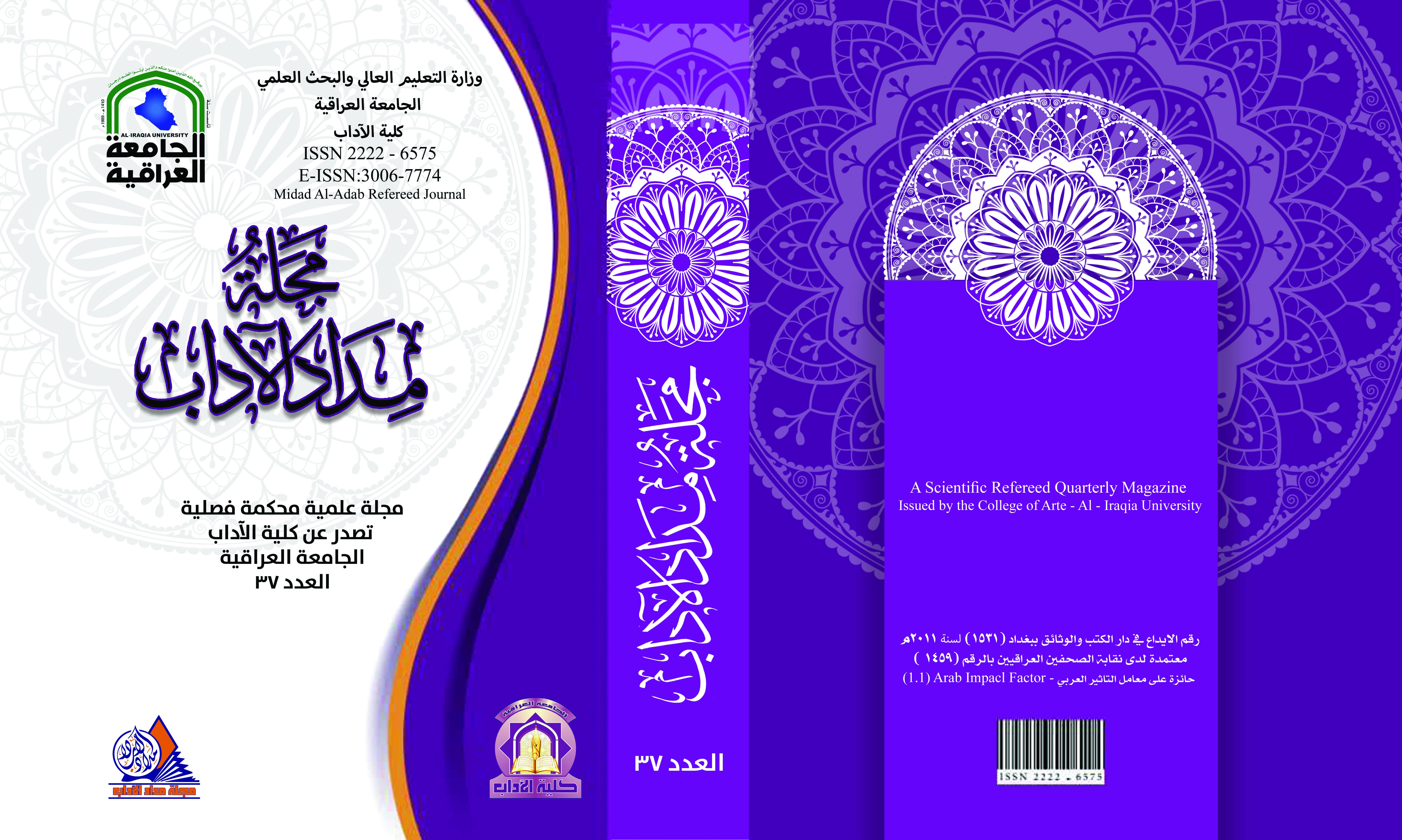مؤشرات الامن الانساني في جمهورية النيجر بعد انقلاب تموز 2023 (الامن الاقتصادي والصحي والبيئي أنموذجاً)
مؤشرات الامن الانساني في جمهورية النيجر بعد انقلاب تموز 2023 (الامن الاقتصادي والصحي والبيئي أنموذجاً)
DOI:
https://doi.org/10.58564/ma.v14i37.1685الكلمات المفتاحية:
الكلمات المفتاحية : الامن الانساني _ النيجر _ انقلاب 2023الملخص
تعد النيجر واحدة من الدول الافريقية الحبيسة التي تمتاز بوفرة مواردها الطبيعية وبخاصة اليورانيوم والنفط و والذهب والحديد ، الا انها تعاني من ارتفاع معدلات الفقر وتدهور القطاع الاقتصادي والقطاع الصحي والبيئي ، ويعزى ذلك الى احتكار فرنسا وبعض دول الاتحاد الاوربي لهذه الموارد الطبيعية مقابل نسبة ضئيلة لدولة النيجر ، الامر الذي شجع القوات المسلحة النيجرية الى القيام بانقلاب عسكري في تموز 2023 على حكومة (محمد بازوم) الفاسدة والمتعاونة مع الدول الاستعمارية على حساب ابناء الدولة ، وتشكيل المجلس العسكري الحاكم حالياً .
ان هذه الاحداث دفعت الباحث للخوض في معرفة مدى تأثيرها على مؤشرات الامن الاقتصادي والامن الصحي والبيئي في دولة النيجر عن طريق مقارنة هذه المؤشرات (وهي من اهم مؤشرات الامن الانساني) قبل انقلاب تموز 2023 وبعده .
لقد كشف البحث ان جميع تلك المؤشرات قد ارتفعت لصالح دولة النيجر وسكانها بعد الانقلاب على الرغم من انحسار الدعم الدولي (المساعدات الدولية) التي كانت تتلقاه النيجر من فرنسا وبعض دول الاتحاد الاوربي بسبب سيطرتها واستثمارها لموارد النيجر وبخاصةً اليورانيوم ، باستثناء بعض المؤشرات التي انخفضت بشكل طفيف بعد الانقلاب بسبب التداعيات الداخلية والالتزامات المالية للحكومة الجديدة بقيادة الجنرال (عبد الرحمن تياني) .
التنزيلات
منشور
إصدار
القسم
الرخصة

هذا العمل مرخص بموجب Creative Commons Attribution-NonCommercial-NoDerivatives 4.0 International License.








